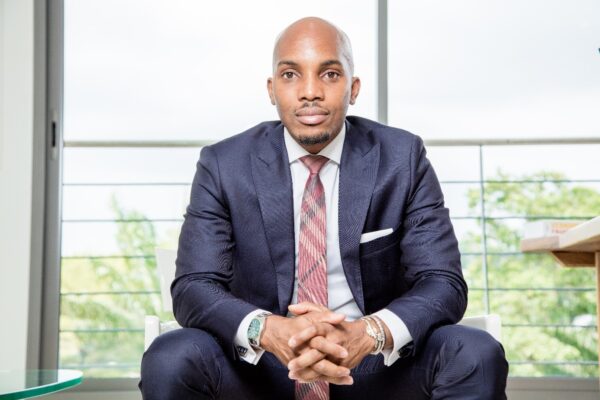With 135,200 millionaires and 21 billionaires totaling nearly $2,500 billion in investable assets (2023 figures), Africa now represents a significant portion of global wealth – and the number of millionaires is expected to grow by 65% over the next ten years, according to the Africa Wealth Report 2024 by Henley & Partners/New World Wealth. Africa is witnessing the emergence of a new generation of fortunes, particularly thanks to booming sectors such as agro-industry, the financial sector, extractive industries, and digital technology. Faced with this unprecedented concentration of capital, a structural question arises: how can this wealth be transformed into sustainable industrial leverage? A discreet but increasingly strategic answer is emerging through family offices, silent but essential craftsmen shaping the future industrial dynasties of Africa. OBARA Capital, a hedge fund structured as a multi-family office, embodies this silent revolution in Francophone Africa.
From wealth management to structuring capital
Long perceived as mere managers of family assets, family offices are changing their face. In Africa, they no longer just preserve capital: they strategically invest it in industrial enterprises, support structuring projects, organize family transmissions, and contribute to the emergence of local sectors. In Francophone Africa, family offices are still in an embryonic stage. “They are often informal units integrated into the family business, or hybrid structures that combine personal wealth and operating capital,” observes Bernard Ayitee, CEO of OBARA Capital, a hedge fund structured precisely as a multi-family office, founded in 2018, with the ambition of being the “goldsmiths shaping African family capitalism.”
“But an evolution is underway. Initially, the predominant logic was the preservation of capital through transgenerational accumulation, while we are witnessing increased demand from our counterparts for industrial investment opportunities that could be a real lever for economic and social transformation for the continent,” notes Orphée Tiehi, Family Office business manager at OBARA Capital.
African industrial dynasties in the making
Approximately 60 family offices are active on the continent today, with projections of 70 by the end of 2025 and 90 by 2030, according to a 2024 Deloitte report. These figures illustrate a transformation: where the informal economy still largely dominates, family offices want to lay the foundations for a more structured intergenerational capitalism. Eager to anchor their influence over time and diversify their assets, several African families exemplify this evolution. In Nigeria, the Dangote Group is expanding into cement, logistics, and soon petrochemicals. In the Democratic Republic of Congo, the Rawji family has built Rawbank, one of the strongest banks in the region. In Kenya, the Chandaria family, initially active in manufacturing, is now investing in fintech and agritech. In South Africa, the Motsepe family, through African Rainbow Capital, diversifies its investments in strategic sectors such as education, health, and financial services, contributing to the development of an innovative economic fabric.
For the CEO of OBARA Capital, these initiatives embody a reality: “In environments where markets remain shallow and where the investment criteria of international institutions are sometimes inconsistent with African industrial and strategic issues, they are sometimes the only ones able to sustainably finance ambitious industrial projects in a long-term logic and without unjustified risk premiums.”
In Francophone Africa, a dynamic still under construction
While the most publicized examples often come from Anglophone Africa, French-speaking entrepreneurial families are also reaching a new milestone by structuring their investments around dedicated vehicles to finance concrete projects with high added value. We observe, for example, the establishment of regional holdings investing in agro-food processing units (cashew, cocoa, cotton), SMEs in construction and logistics, or digital initiatives with high potential. Some of these structures also participate in the financing of strategic infrastructures, such as logistics warehouses, hybrid power plants, or regional agricultural hubs.
“What we see on the ground are families that, ten years ago, managed their wealth intuitively. Today, they are creating dedicated vehicles, hiring sharp financial profiles, and adopting a ten- or twenty-year vision. Many are looking to take a step forward: structuring family holdings, taking stakes in high-potential SMEs… they want to control their economic destiny. This is where family offices make sense, allowing them not only to become multi-generational industrial dynasties but also to be the standard-bearers of an ambitious and conquering African capitalism,” emphasizes Bernard Ayitee.
Catalyzing expertise for a patient, productive, and visionary African capitalism
To support this transformation, it is essential to have the necessary expertise locally. Francophone West Africa still lacks specialized expertise in financial and wealth engineering, as well as a dedicated asset management offering. By focusing on wealth engineering, impact investments, and professional excellence, OBARA Capital aims to establish itself as one of the spearheads of this new African family economy. “It is time for African families to become the architects of their own economic power,” concludes Bernard Ayitee.


